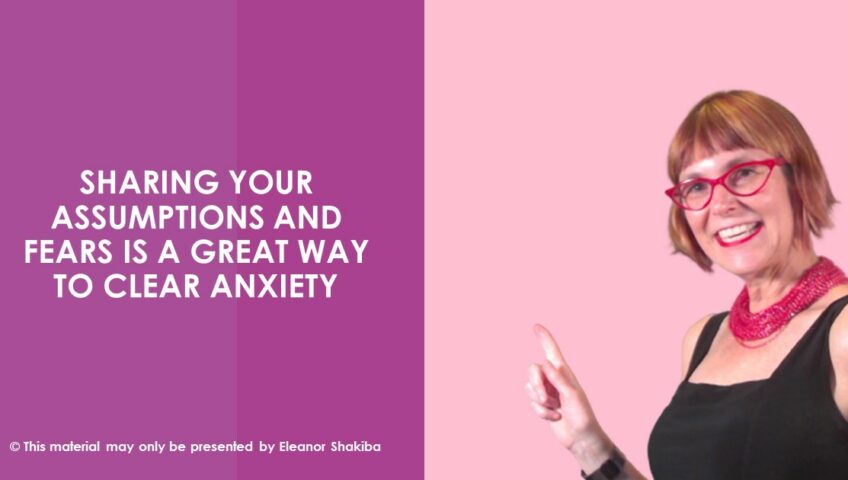Ouch. Breaking my wrist wasn’t fun. Double ouch. Six months later, I found out the accident had triggered a genetic hand condition called Dupuytren’s disease. This is a progressive and potentially disabling condition which can cause the fingers to contract and stay permanently bent in. Coming to terms with this disease and its possible implications has been a test of my resilience. However, it’s also been a huge learning curve. Here are some of the most important things I’ve learned whilst investigating treatments and choosing the best advisers.
View yourself as a consumer, not a patient
Since my diagnosis, I joined a number of support groups for people with Dupuytren’s disease. As a resilience and assertiveness trainer, this has been a fascinating experience. I’ve been surprised by the number of people who view themselves as being at the mercy of surgeons’ decisions. Indeed, I was so struck by the impact this can have on patient wellbeing, I created a set of four videos on assertiveness and resilience for Dupuytren’s patients. I truly believe that finding the right treatment involves an individual asking assertive questions and getting honest responses from their medical advisors.
The best consultants really do…consult
In my interviews with potential hand surgeons, I noticed a common theme. The doctors at the top of their field had outstanding communication skills. This isn’t really surprising, as research has demonstrated a clear link between professional success and emotional intelligence. What really struck me was that the best surgeons treated me as an equal and positioned our conversation as a consultation. The less skilled surgeons took an authority stance and lectured me on the best course of action from their perspective.
You don’t look stupid if you ask high quality questions
My discussion with other Dupuytren’s patients has frequently revealed that people hesitate to ask questions of their doctors. Why is this? They’re scared of looking stupid, because they lack subject matter expertise. Well, I don’t let that hold me back. After all, you can’t expect to be an expert in everything. I found the best surgeons were very willing to answer my questions. And they even became more ‘human’ when I prefixed these with a quick disclaimer. I simply pointed out that I like to have a fuller understanding of my situation before choosing a treatment. I was therefore going to ask questions that probably seemed basic to them.
Sharing your assumptions and fears is a great way to clear anxiety
Okay. I’m a positive psychology trainer. However, my natural bent for pessimism and catastrophic thinking means I can easily become anxious. My creativity makes things worse, because it enables me to construct outrageously scary scenarios about what might go wrong. I’ve learned that the easiest way to put these aside, is to share them with the experts. Doing this elicits extra information, which allows me to think more constructively. This is such a useful technique. It’s a firm foundation for many of the skills I teach in my Dupuytren’s resilience training program.
Decisions do not stand alone, they’re part of a decision pathway
When you’re diagnosed with a significant condition, it’s easy to assume your first treatment will be the last. However, the progressive nature of Dupuytren’s disease means patients are wise to shift this mindset. The most resilience Dupuytren’s patients I’ve talked with see their treatment choices as a series of linked decisions. I’ve noticed that people who are skilled in rational thinking tend to naturally see their situation this way. Others need to learn the basics of critical thinking and decision-making in order to feel confident in their choices.
Overall, it’s possible to learn from any life event. I definitely wouldn’t choose to have this disease, but now it’s been triggered, I am committed to using my positive psychology skills to help both myself and others in the Dupuytren’s community.
If you’d like more information about how to use positive psychology, download my Positive Psychology Toolkit for free here.
About the author: Eleanor Shakiba
Eleanor is a positive psychology trainer and coach. She works with ‘positive deviants’ to build positive mindsets, proactive communication and purposeful leadership. Since 1994, Eleanor has been teaching talented people how to think, communicate and behave in ways that build success. She holds qualifications in Social Anthropology, Positive Psychology, Counselling, Coaching, Adult Education and Neuro Linguistic Programming. She’s known for her dynamic training style and passion for experiential learning techniques. Download a copy of Eleanor’s free ebook Positive Psychology Toolkit for HR and L&D Practitioners.
